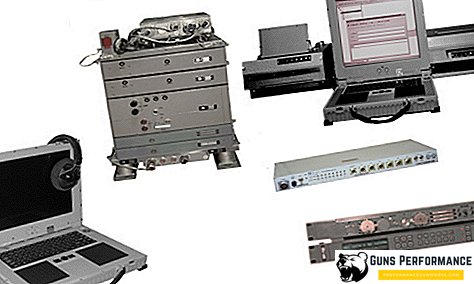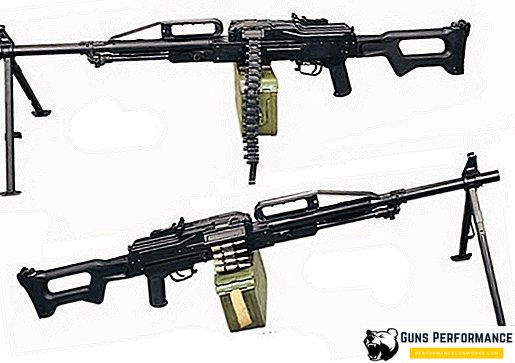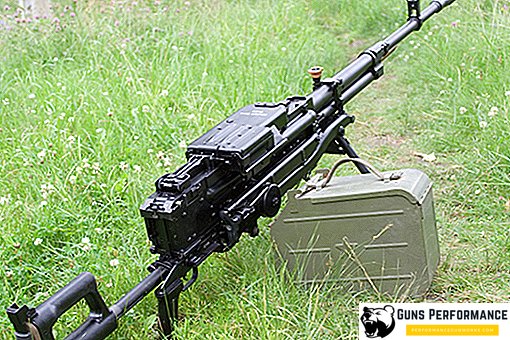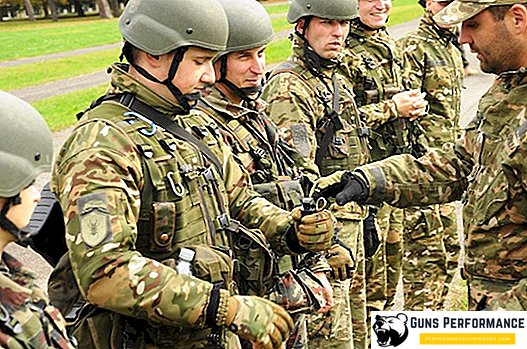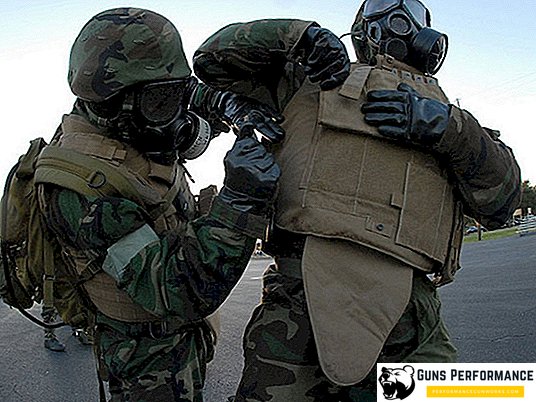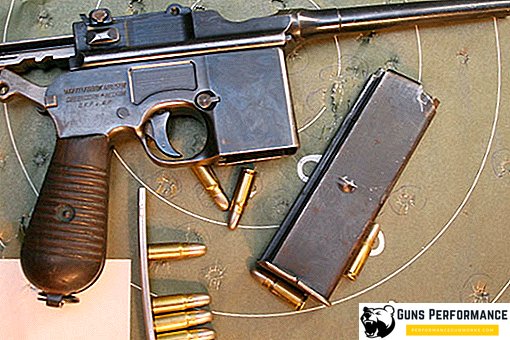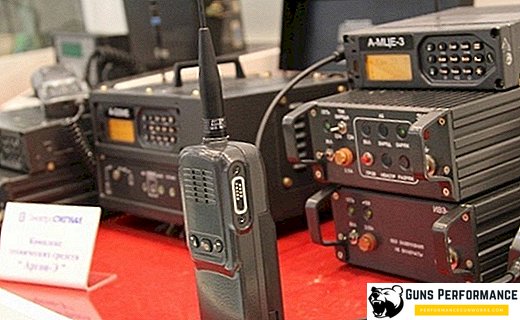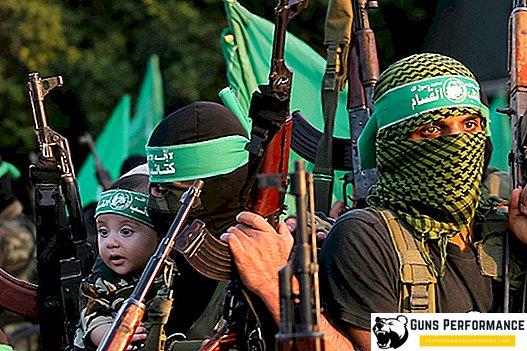Military technologies are not standing still - both Russian and foreign engineers and scientists are constantly introducing new developments, improving the use of computer technology. As at all times, a decent supply of weapons and systems that are in force in the event of an armed conflict allows the country to occupy a strong place in the international arena and dictate its own conditions when differences arise. Another reason why military technology is constantly improving is the constant fight against terrorism to protect the public.
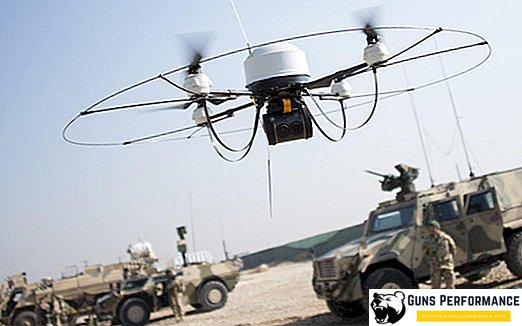
How exactly will the video surveillance system be improved?
Russian scientists are constantly working to improve video surveillance systems - the main object of their work are drones, which allow fixing what is happening on earth from a bird's-eye view. At the moment, engineers of the Ryazan Instrument Plant, which is a government agency, are developing a laser targeting system. Thus, the result of the work will be an unmanned vehicle capable of self-pointing weapons, without the participation of the operator. Data on ongoing research confirmed the official site Rostec - it was he who published this information, referring to the press service of the Ryazan instrument factory.
The full cycle of development of new laser targeting systems will take a really long time. The main problem lies in the fact that it is difficult to test the created advanced developments on low-power unmanned aerial vehicles, which Russian scientists are equipped with. This hinders the work on the project and stops the representatives of the press services of the plant from reporting at least the approximate deadlines for the development. In other words, in order for drones to work better, not only new technologies are needed, but also new drones.
Read more about the developers
Russian scientists who are engaged in the improvement of video surveillance and targeting systems, work within the framework of KRET, the Radio Electronic Technologies concern, and Ryazan Instrument Works belongs to it. The core activities of the concern are various optical, laser and optical-electronic guidance systems, the development of technical vision and monitoring devices that are mounted on the helmets of Russian pilots.

According to the Director General of KRET, Vladimir Mikheev, improving the performance of unmanned aerial vehicles is a promising direction that allows Russia to occupy a worthy place in the technological race and dictate its conditions on the international arena. “Similar technology solutions for UAVs are a new, interesting challenge,” he says.


